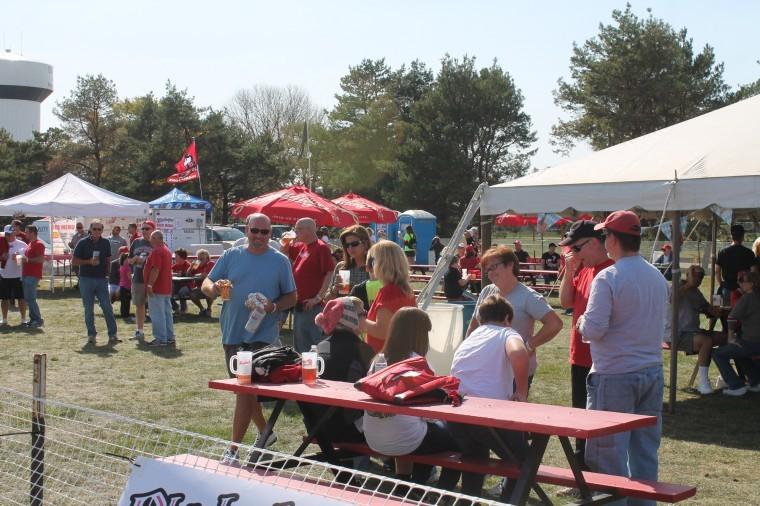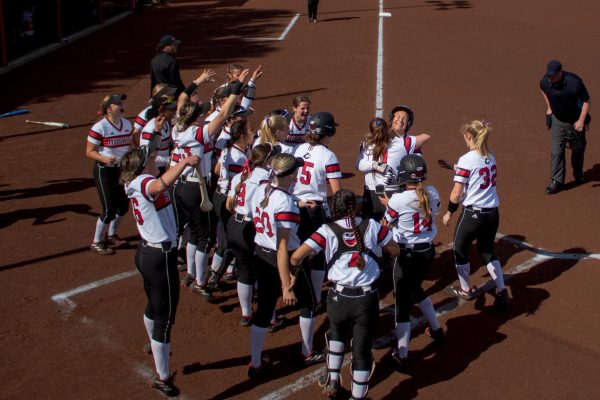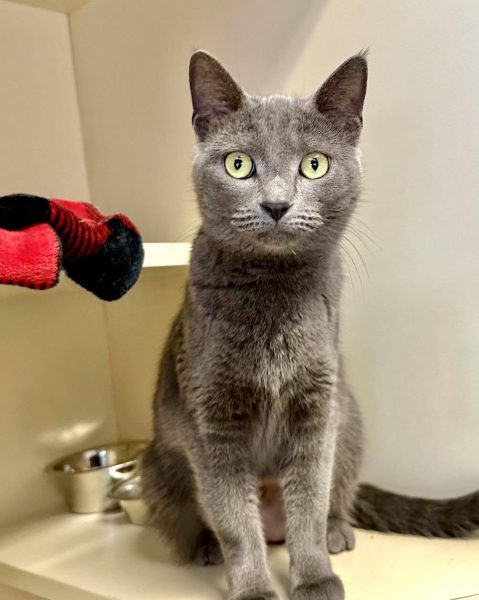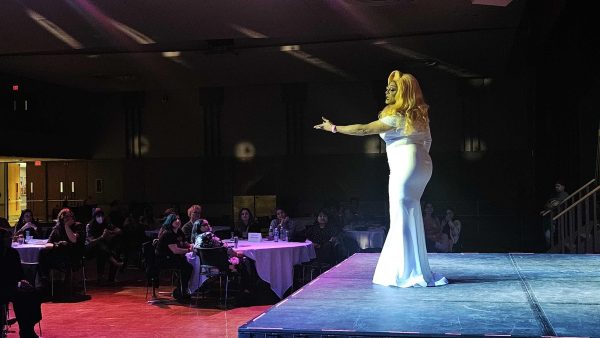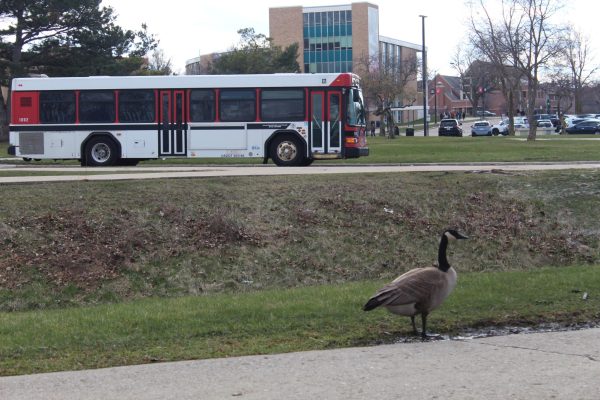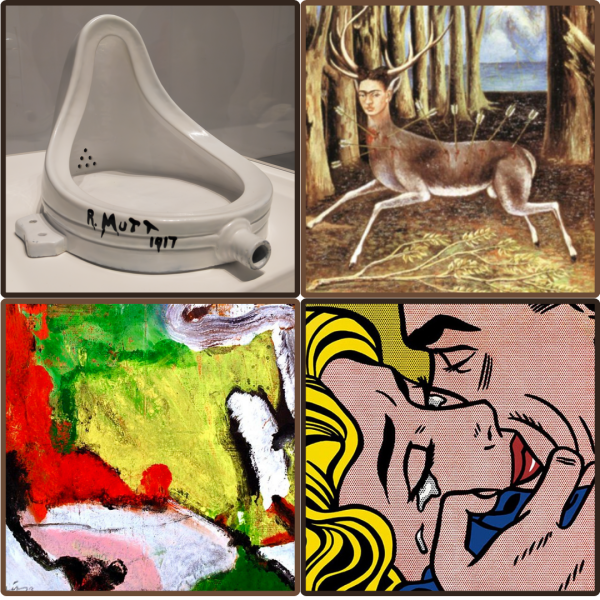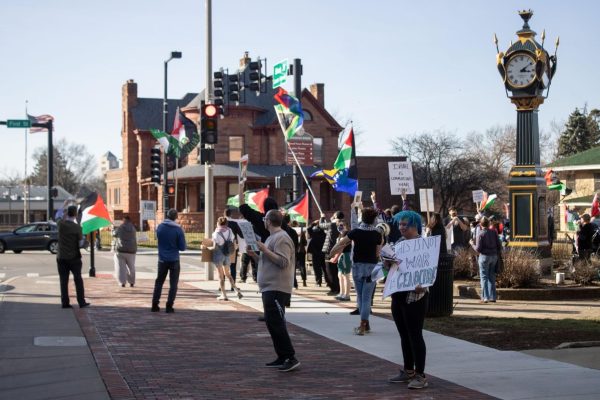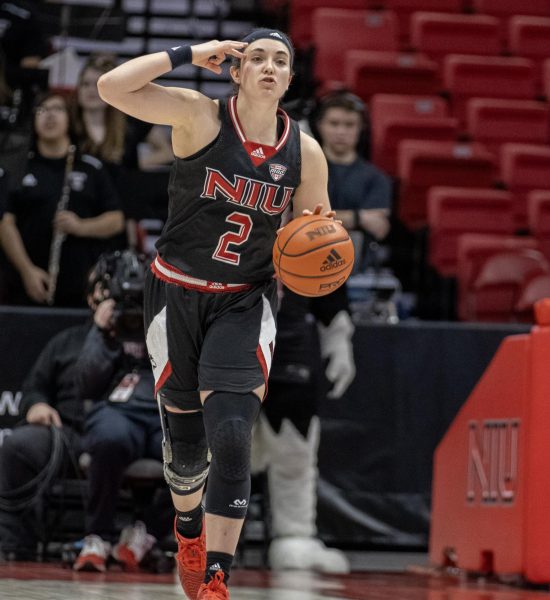Origin of Oktoberfest
Northern Star Huskie fans enjoy some beverages on the west side of Huskie Stadium for ‘Oktoberfest’ during Saturday’s home game.
October 2, 2012
Oktoberfest is upon us, and we all know what that means.
Or at least, we think we do.
To the college-aged crowd, the word “Oktoberfest” brings to mind dingy bars packed with beer, brats and overly-revealing beer wench/lederhosen costumes. It’s fun and not a little campy, but it seems like the kind of thing only those over 21 can enjoy. Does anyone ever stop to wonder if Oktoberfest is anything beyond an excuse for college revelry?
Though Oktoberfest seems like a name given to any German-themed celebration in the fall months, there is indeed an original Oktoberfest. Held in Munich, Germany, Oktoberfest is the largest beer festival in the world. The festival is more than 200 years old and draws in over 6 million people from around the world each year. The sort of shindigs we here in the States deem Oktoberfests pale in comparison to Munich’s two-week long celebration of Bavarian culture.
The first Oktoberfest was held in 1810, when Bavarian Prince Ludwig married Princess Therese of Saxe-Hildburghausen. All of Munich’s citizens were invited to celebrate on the fields in front of the city’s gates; the fields were dubbed Theresienwiese (Theresa’s Meadow) and to this day, locals refer to the festival simply as “die Wiesn.”
That first incarnation of Oktoberfest included horse races, and eventually an agricultural show was added to show off Munich/Bavaria’s flourishing agricultural triumphs. The horse races phased out, the agricultural show stayed and eventually the additions of beer tents and carnival rides turned Oktoberfest into an internationally recognized event. Oktoberfest, though usually a fleeting one- or two-day festival here in America, is considered a showcase of Bavarian culture and is a great source of pride for the citizens of Germany.
Despite its misleading moniker, the Oktoberfest festival actually begins in mid-September and ends on the first Sunday in October. The name Oktoberfest stems from the original celebration (Oct. 12) and now ends in the early days of the month; the festival is 17 days long when the first Sunday is Oct. 2 and 18 days long when it falls on Oct. 1.
Of course, Americans do get some of the aspects of Oktoberfest right. Much like the festivals we are accustomed to, beer is the highlight of the Munich event with breweries from all over the country bringing their finest brews to the table.
So as you go out into that good night, seeking bars filled with German music and steins overflowing, remember that the fun you are about to have has deep roots. Oktoberfest is not just another party excuse—it is a bastion of pride for an entire country just on the other side of the pond.



